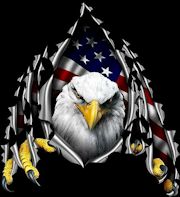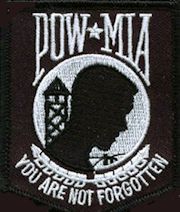Interview – James D. Johnson, author of Combat Trauma: A Personal Look at Long-Term Consequences – History Net/Vietnam Magazine
As chaplain with the 3rd Battalion, 60th Infantry, 9th Division, Jim Johnson didn’t carry a gun, but was in 22 firefights, 10 of which turned into major battles. Serving with the Mobile Riverine Force in the Mekong Delta for nearly a year beginning in July 1967, Chaplain Johnson was determined to be with his men when they needed him most, during combat. After Vietnam, Johnson stayed in the Army serving at Fort Bliss and in Germany. After 15 years, Lt. Col. Johnson retired from the Army and earned his doctorate in marriage and family counseling. Nearly four decades after serving in Vietnam, post traumatic stress disorder (PTSD) overtook Johnson, forcing him to give up his career. In his new book Combat Trauma: A Personal Look at Long-Term Consequences, Johnson and 15 of his comrades share their intimate experiences of the combat they waged in Vietnam, and that they continue to wage inside themselves.





This is always a difficult subject to broach, but I feel it is very important. I know my own reactions over the years have impacted my oldest son and I regret that. Wish I had known more 41 years ago, it would have helped both myself and my family! I can only imagine what our younger vets today may experience in the future after four or five tours. The military does do screening, but many still believe there is a stigma with PTSD and mask the symptoms from their superiors. Hopefully they will turn for help during and after completing their tours.
A recent DoD study showed that if the trauma can be addressed that very same day before going to sleep they have good results. That’s not easy in a war zone where the mission comes first!
Thanks for the article Roger. I was diagnosed with PTSD two years ago but I had problems for over forty years. I am thankful that my wife had finally talked me into seeking counsel at a vet center. I was blessed to talk to a great counsler with combat experience. He told me drag racing had helped replace the adrenaline rush I had in vietnam and was also an outlet for a lot of anger. Thanks for the hours of bench racing in soc trang.
Buzz, glad you sought treatment and your wife encouraged you. Guess I’m still angry since our family still races! See: http://northwestvets.com/racing.htm
But there is something to what you say, many of the guys I used to race with here in Division 6 in Modified were Nam vets! Coincidence?
I cant believe you could have any anger left the way your car launches:) I have been to your drag race site many times and really enjoy the tech stuff. We think of you and Pam often. May finally get to see you in nashville since we are only three hours away. God Bless you and the Silver Spurs.
Buzz, I get frustrated with my old age and lack of reaction times! Just a fact of life -- but I truly enjoy just driving the ’57. Lots of good memories for the Young family! Not sure if we’ll make Nashville or not, but don’t let that stop you!! You’ll have a GREAT time!